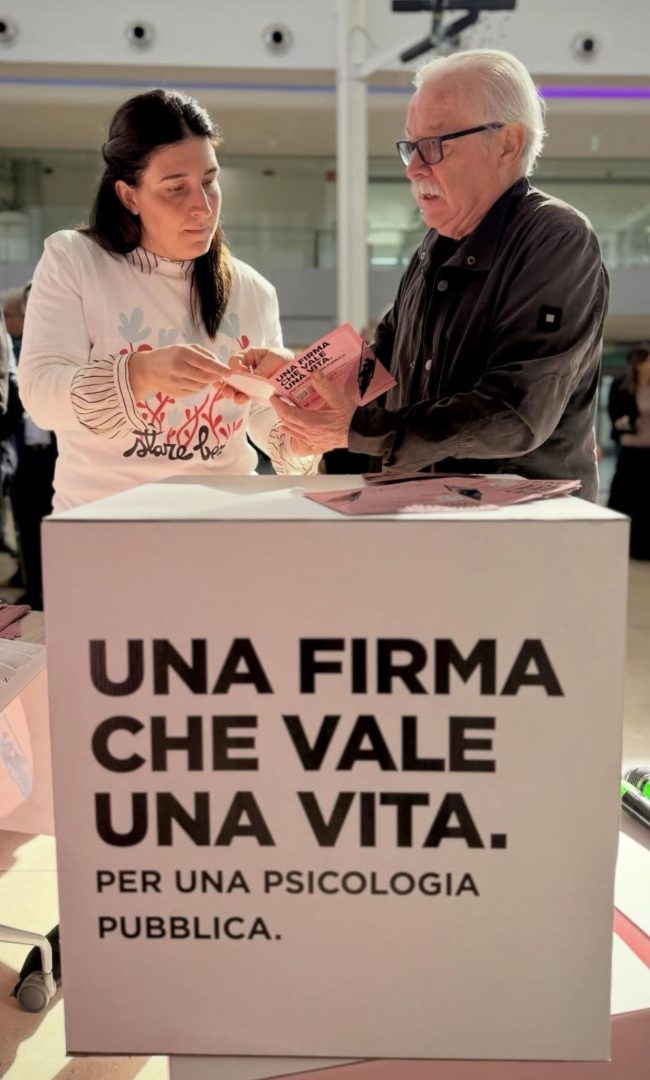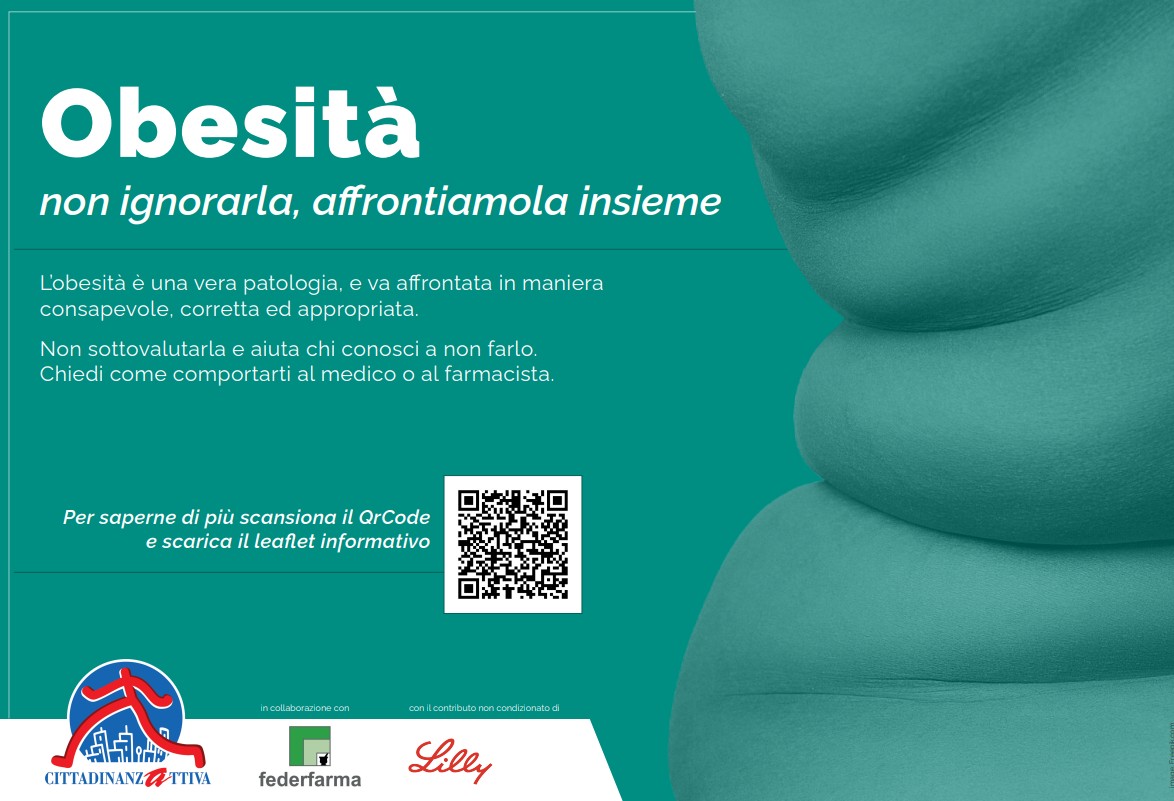MILAN (ITALPRESS) – The term Hikikomori comes from Japanese: Hiku means pull back, retreat, and Komoru lock up, isolate. With Hikikomori there is a phenomenon of voluntary and prolonged social withdrawal: predominantly young people who isolate themselves in their home, often in their own room, and avoid significant social relations, leaving home, attending school or workplace. Contacts with the world are limited and often mediated by the web or digital devices: It is believed that today Hikikomori adolescents in Italy are about 54 thousand, but even 100 thousand young adults: considering all age groups and all levels of gravity, the estimate rises to 200 thousand affected people. “The Hikikomori are mainly males between 13 and 17 years: in our association they arrive mainly from northern Italy, but in reality they are present a little in the whole peninsula; we have about 4,000 parents who support our help groups”, said Marco Crepaldi, psychologist and founder of Hikikomori Italy, interviewed by Marco Klinger for Medicina Top, TV format of the news agency Italpress.
In drawing the identikit of a classic Hikikomori, Crepaldi highlights how “We often talk about young people who abuse new technologies, but they are mainly isolated by social anxieties such as the difficulty of integrating with peers. There are several hypotheses on why prevalence is male: Probably the most realistic one is that men ask less help and, as one of the problems of the Hikikomori is not to admit to having a problem, probably men have more shame to open up, express emotions and ask help to parents”. Different motivations that can push young people to become Hikikomori: “Surely there are, at both social and family level, the causes of this prolonged withdrawal – the psychologist emphasizes –. The mother cause seems to be this feeling that today’s young people feel about the pressure on the future, on the expectations of both parents and transmitted through social media and social comparison. The withdrawal of a Hikikomori is a way to escape from the eyes of society and often also of the family, because then some of them remain in the bedroom without ever leaving: there are other causes, such as fear and uncertainty for the future, the perception of society as negative and pessimistic, or as the mechanisms of protection and idealization of parents towards children.”.
For Crepaldi “Covid-19 has accelerated all psychological disorders, especially social disorders: the Hikikomori also seem to be increased. In Italy we still have no objective data at national level, but in Japan we know that it has increased by 20% precisely because of causes related to pandemic and lockdown: definitely Covid accelerated the isolation of many and favored the cronicization of others, because of course it pushed many to start the retreat. If a young man is still in the pre-school phase he can still talk to him and find alternative ways to return to the classroom: once the burnout comes, the difficulties are greater.” A rebus the approach to be adopted in these circumstances: Crepaldi’s suggestion is “avoid coercive approaches such as detaching the Internet, threatening, bringing out with force: they do not work, because these guys are afraid and if we approach them in this way they will escape also from us, risking getting hurt.”.
“Friends – he added – can often intervene to make a contribution, but Hikikomori often run away from them because they feel derise or not up to: often they are also neurodivergent, so with forms of autism, and they cannot find anyone who understands them; for this they also go online, because they seek someone who is similar to them. Forces should be avoided when there is no alliance between parent and child: if the latter feels the presence of friends, relatives and psychologists as an imposition all this is not useful in solving the problem; the first step is that young people camouflag before families to be sick, from there you can try to trigger a help.” The psychologist then dwells on the work that his association carries out to find solutions to the phenomenon: “Hikikomori Italy works mainly with families: we have an association of parents very nourished throughout the country, it is not only taken into account but also activism as our parents go to bring their testimonies to schools and municipalities; you must feel part of the process of change. To them we offer help, even through psychologists who collaborate with us and follow these groups: our first goal is to help parents understand how to relate to children, 8 requests for help out of 10 come from the family at a time when the child is in denial and does not accept any kind of help; if instead to contact us is the boy or girl who has retired, we offer them psychologists who have trained internally and provide free online psychological advice both individual and group”.
“It’s an discomfort – it has highlighted – that tends very easily to cronicization: Hikikomori can last all life, in Japan there are isolation cases that have lasted for 20-30 years. It is a scenario that feeds itself: the more you are isolated, the more you struggle to get out. Each case is different from the others: to parents I would recommend to start a psychological path also familiar, since the problem concerns not the single but the family; parents can participate in meetings even before the son decides to do so, so as to understand what has broken this alliance.” The final reflection is on the role of the school, which according to Crepaldi “must be sensitive even on those who have a more fragile character, such as those who suffer bullying, and begin to study alternative forms: Today many young people cannot go to school but would like to continue to study, there are institutions that are experimenting with protected spaces for boys. The school, in my view, must be flexible and comprehensive: many still approach the problem by asking the parent to withdraw the child and this usually favors isolation.”.
– photos taken from video Medicine Top –
(ITALPRESS).






